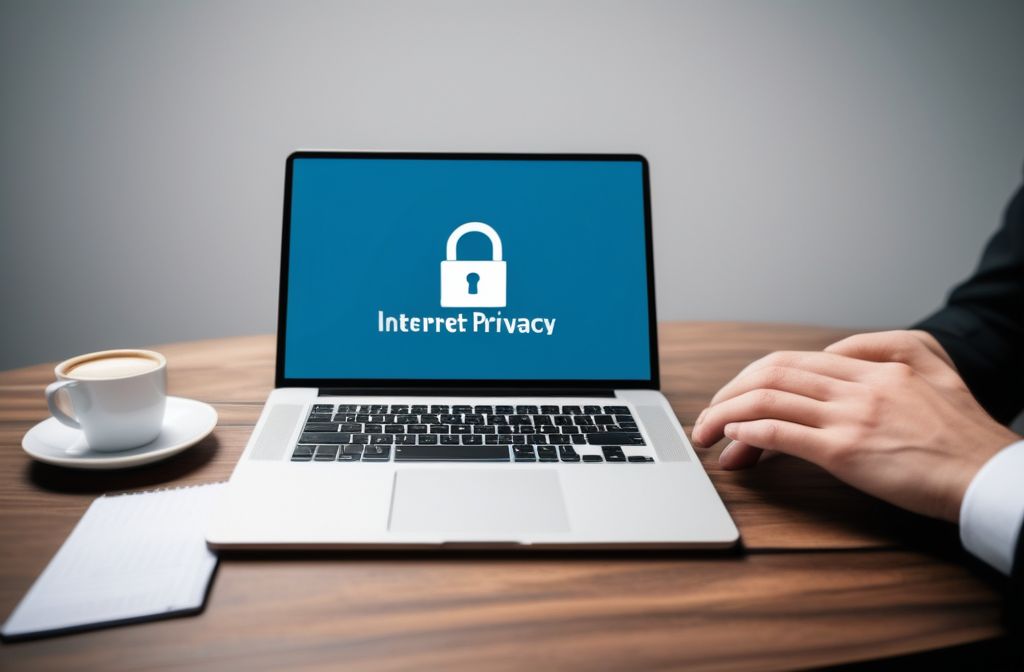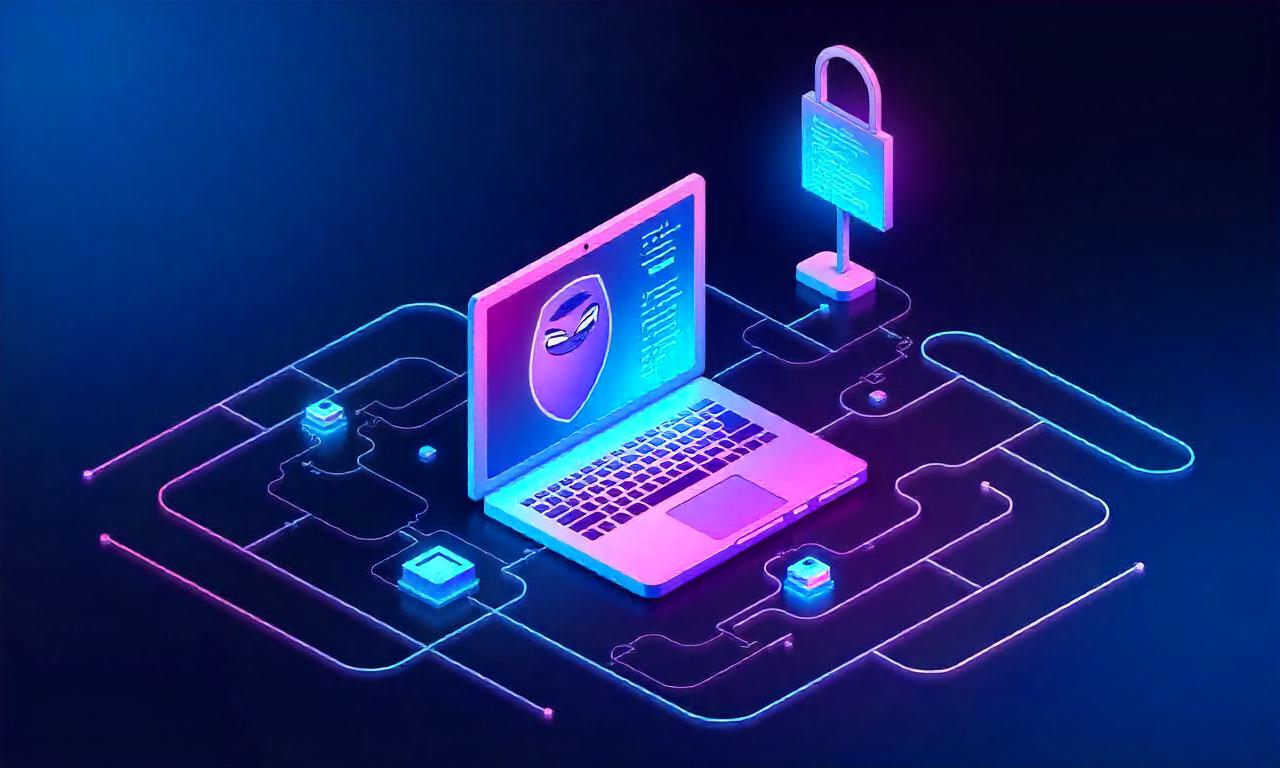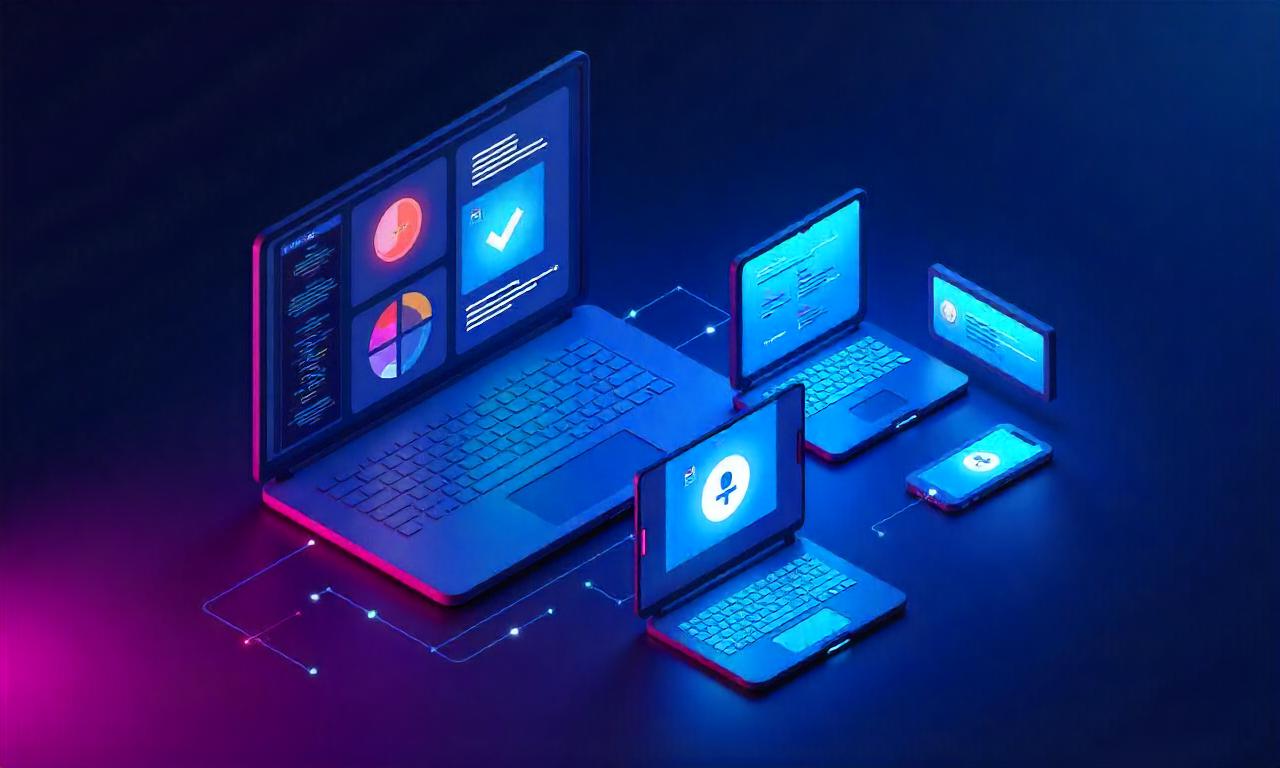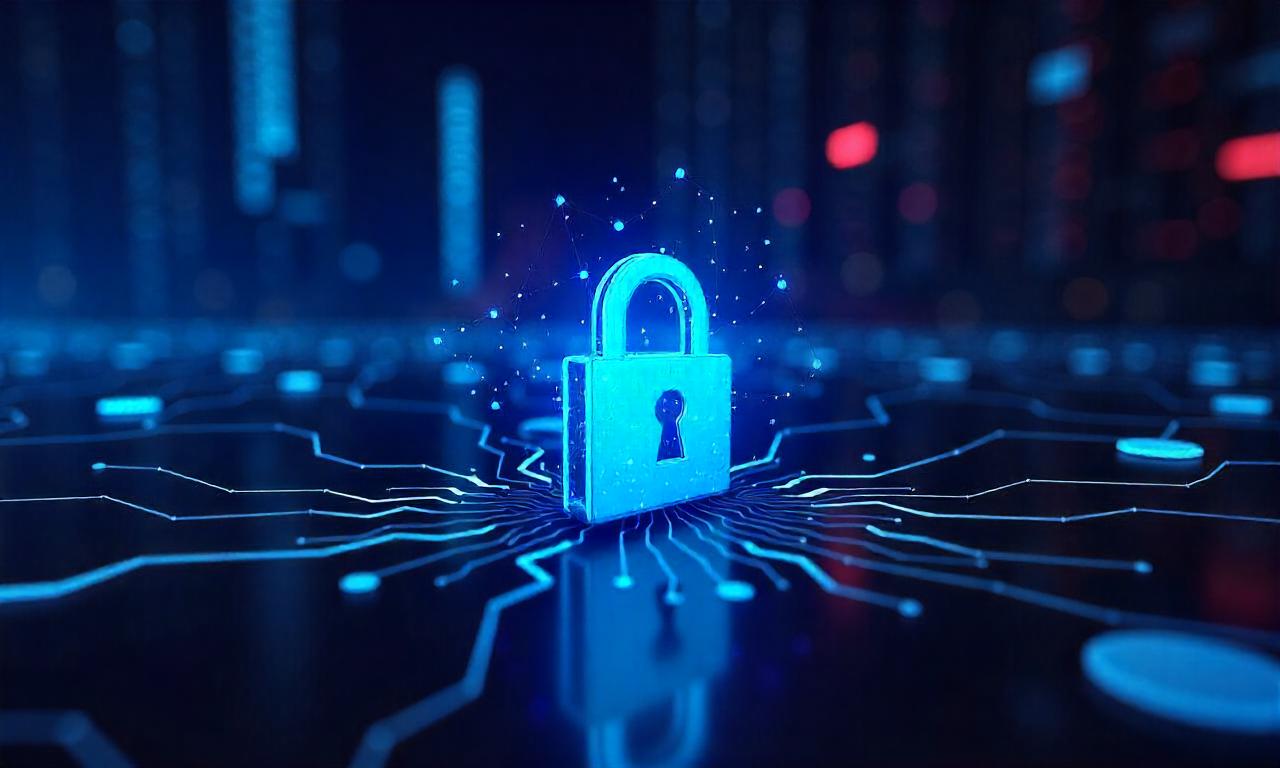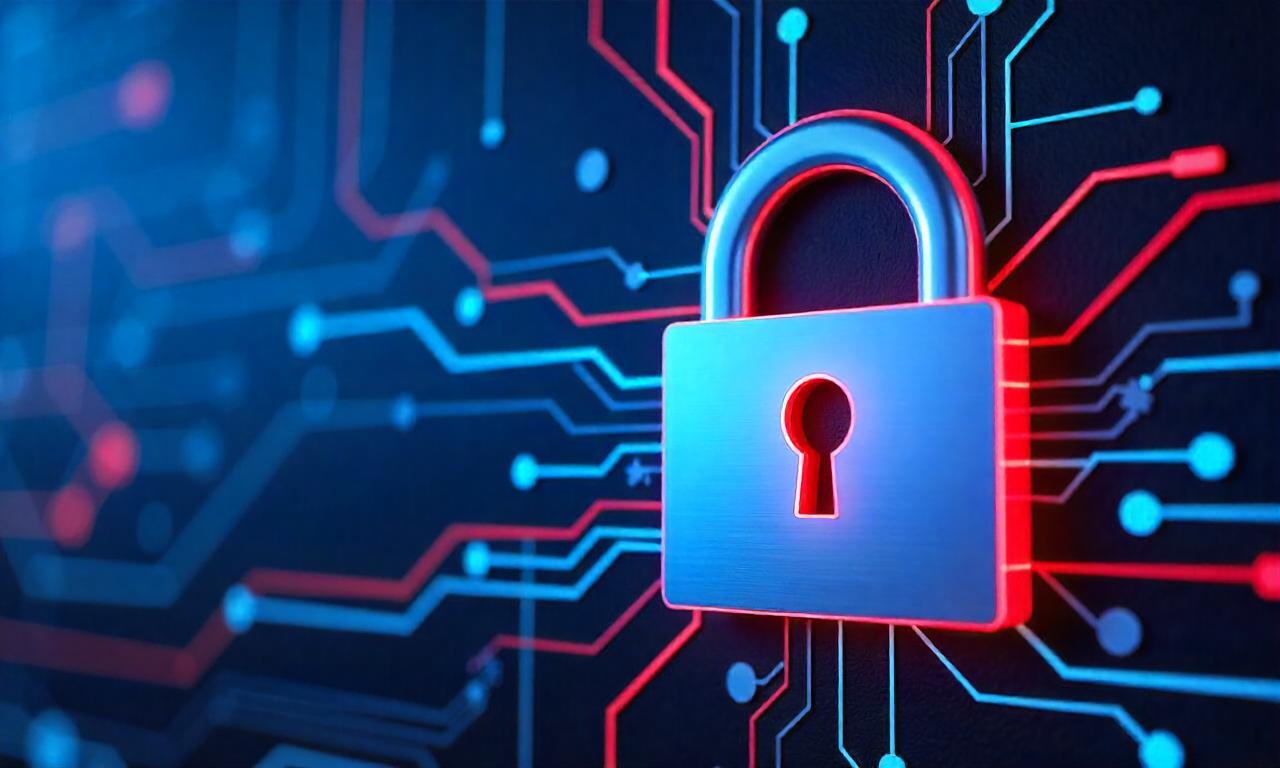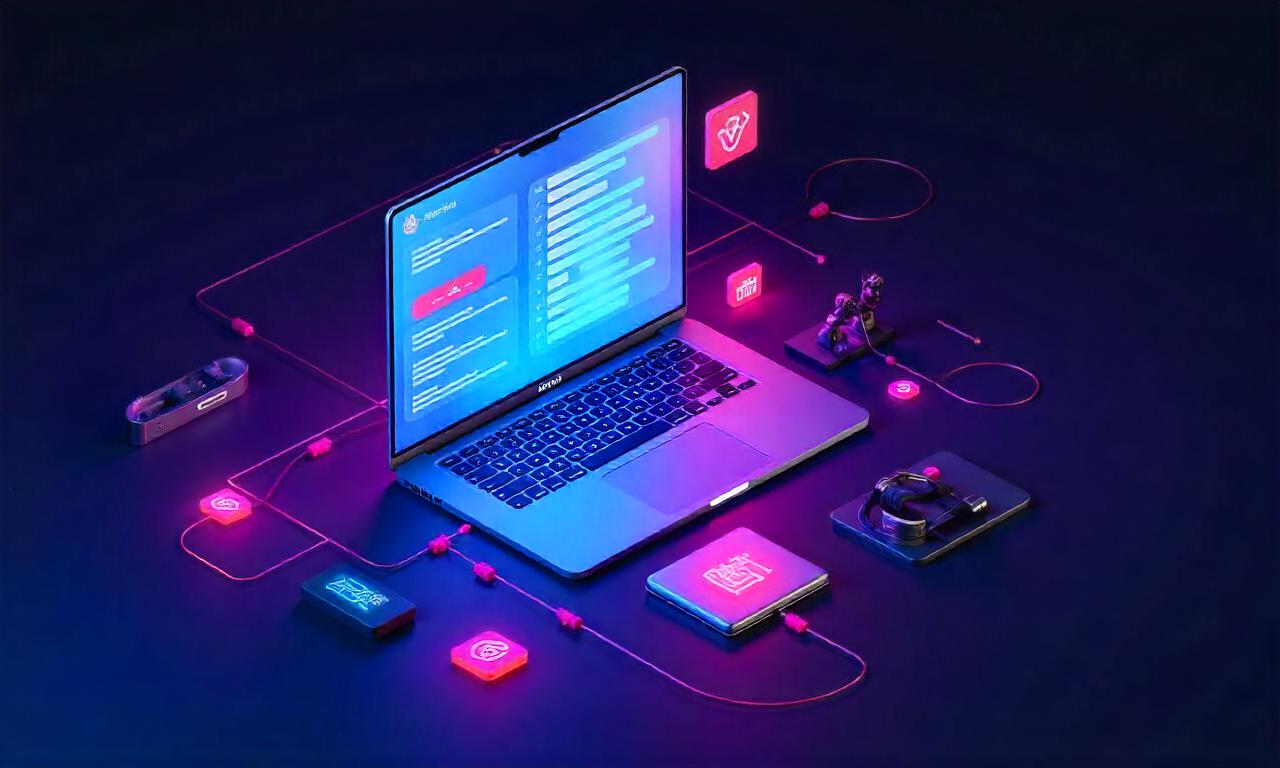Table of Contents
ToggleRecognizing Common Internet Privacy Scams
Internet scammers use various tactics to deceive users into giving away their sensitive information. The first step in avoiding these scams is to recognize their common forms.
Phishing scams are among the most widespread. These scams involve fraudulent emails, messages, or websites that mimic legitimate sources to steal personal data. Often, they create a sense of urgency, tricking users into clicking malicious links. If an email asks for sensitive details like passwords or credit card numbers, it’s a red flag.
Another common scam is social engineering, where fraudsters manipulate victims into revealing private information. They may pose as customer service representatives, government officials, or even family members in distress. By playing on emotions or trust, these scammers gain access to sensitive data.
Fake online stores and fraudulent advertisements also pose serious risks. These websites often promise high-quality products at unbelievably low prices, only to steal users’ payment details. Always verify the legitimacy of an online store before making a purchase.
Securing Your Personal Information
Protecting your personal data is essential in avoiding internet privacy scams. A strong defense starts with good online habits and proper security measures.
Using strong and unique passwords for different accounts is a crucial step. Many people use the same password across multiple sites, making it easier for hackers to gain access. A password manager can help store and generate secure credentials.
Enabling two-factor authentication (2FA) adds an extra layer of security. Even if scammers obtain your password, they won’t be able to access your account without the second verification step, such as a code sent to your phone.
Limiting the amount of personal information shared online can also reduce risks. Avoid oversharing details like your full name, address, or phone number on social media. Cybercriminals can use this information to impersonate you or breach your security.
Identifying Suspicious Links and Emails
Scammers often use links and emails to distribute malware or steal personal data. Knowing how to identify suspicious messages can prevent potential threats.
Check the sender’s email address carefully. Fraudulent emails often come from addresses that look similar to legitimate ones but contain slight misspellings or extra characters. If an email claims to be from a trusted company but the domain looks odd, it’s best to ignore it.
Hover over links before clicking them to see the actual URL. If the link leads to an unfamiliar or suspicious domain, do not click it. Scammers often use shortened links to disguise malicious websites.
Be cautious with unexpected attachments. Cybercriminals embed malware in email attachments disguised as invoices, receipts, or urgent notices. If you weren’t expecting an attachment, don’t open it without verifying its authenticity.
Avoiding Social Media Scams
Social media platforms are a breeding ground for scams. Fake accounts, fraudulent giveaways, and misleading advertisements lure users into traps.
Be wary of friend requests from unknown individuals. Scammers create fake profiles to gain trust and extract personal information. Before accepting a request, check for signs of a suspicious account, such as limited posts, no mutual friends, or stock profile pictures.
Avoid clicking on random giveaway links or participating in contests that ask for sensitive details. Many fake giveaways require users to enter their credit card information, leading to unauthorized charges.
Keep your accounts private and restrict what personal information is visible to the public. The less data scammers can access, the harder it is for them to target you.
Using Secure Networks and VPNs
A secure internet connection is key to protecting online privacy. Using unsecured public Wi-Fi can expose you to cyber threats.
Public Wi-Fi networks, such as those in coffee shops or airports, are often unencrypted, allowing hackers to intercept your data. If you must use public Wi-Fi, avoid accessing sensitive accounts like banking apps or email.
A Virtual Private Network (VPN) encrypts your connection, making it harder for cybercriminals to track your activity. VPNs hide your IP address and secure your data, ensuring safer browsing even on public networks.
Additionally, updating your devices and software regularly helps protect against security vulnerabilities. Hackers exploit outdated software to access systems, so enabling automatic updates is a smart move.
What to Do If You Fall Victim to a Scam
Even with the best precautions, scams can still happen. Knowing how to respond quickly can minimize damage.
If you suspect you’ve been scammed, immediately change your passwords and enable 2FA on affected accounts. This prevents scammers from gaining further access.
Report the scam to the appropriate authorities, such as the Federal Trade Commission (FTC) or your bank if financial information was compromised. Many institutions have fraud departments that can help prevent further losses.
Monitor your accounts for suspicious activity. Scammers often attempt small transactions first to test if a stolen card works. If you notice any unauthorized charges, contact your bank or credit card provider immediately.

